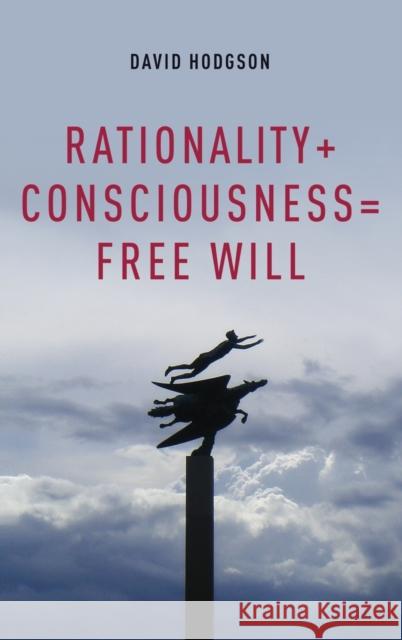Rationality + Consciousness = Free Will » książka
Rationality + Consciousness = Free Will
ISBN-13: 9780199845309 / Angielski / Twarda / 2012 / 288 str.
In recent years, philosophical discussions of free will have focused largely on whether or not free will is compatible with determinism. In this challenging book, David Hodgson takes a fresh approach to the question of free will, contending that close consideration of human rationality and human consciousness shows that together they give us free will, in a robust and indeterministic sense. In particular, they give us the capacity to respond appositely to feature-rich gestalts of conscious experiences, in ways that are not wholly determined by laws of nature or computational rules. The author contends that this approach is consistent with what science tells us about the world; and he considers its implications for our responsibility for our own conduct, for the role of retribution in criminal punishment, and for the place of human beings in the wider scheme of things.
Praise for David Hodgson's previous work, The Mind Matters "magisterial...It is balanced, extraordinarily thorough and scrupulously fair-minded; and it is written in clear, straightforward, accessible prose." --Michael Lockwood, Times Literary Supplement "an excellent contribution to the literature. It is well written, authoritative, and wonderfully wide-ranging. ... This account of quantum theory ... will surely be of great value. ... On the front cover of the paper edition of this book Paul Davies is quoted as saying that this is "a truly splendid and provocative book." In writing this review I have allowed myself to be provoked, but I am happy to close by giving my endorsement to this verdict in its entirety " --Euan Squires, Journal of Consciousness Studies "well argued and extremely important book." --Sheena Meredith, New Scientist "His reconstructions and explanations are always concise and clear." --Jeffrey A Barrett, The Philosophical Review "In this large-scale and ambitious work Hodgson attacks a modern orthodoxy. Both its proponents and its opponents will find it compelling reading." --J. R. Lucas, Merton College, Oxford










